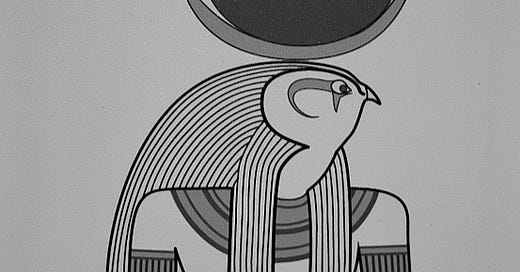Oscar Isaac is hot. That has nothing to with morality; I just needed to get it off my chest.
Human beings operate within a moral code of conduct within which everything is decidedly black or white, good or bad, ethical or unethical. When you’re younger, you truly believe that, but as you grow older, you realize that life is much, much more complicated. That’s where moral gray areas and abortion rights come in (also interesting how the either/or code of conduct is mostly only enforced when women’s sexual and reproductive rights are involved).
As you experience life, you see that morality is enforced differently at different socioeconomic levels. For example, corruption, embezzlement, and exploitation tend to be a preserve of the rich. When you’re poor, it’s theft, and it sentences you to a horrific death through mob justice. Abortion, a topic that has long been a bone of contention is one of those conversations that has us abandoning all reason to argue black or white. In truth, it’s gray for women of a higher social status, where it’s treated as a reproductive right and is made easily accessible. In comparison, women of a lower socioeconomic status are subjected to sermons about ethics and morality regardless of the circumstances surrounding the situation. Everybody cares about morals when you’re poor.
The Gods Are Gray
Morality is enforced differently the higher up you go. I find that this applies to the portrayal of the various gods across different religions. Just about all of them are depicted as gray and get away with things we normally wouldn’t let pass. Let’s take Zeus, for example. Castrating and imprisoning his father into Tartarus, regardless of Kronos’, well, crimes, is not exactly moral, is it? If gods are merely the result of the human imagination (imagine life without TV and tell me if you also wouldn’t make Poseidon up), it speaks to our belief that at some level of reverence, you get a hall pass. Anything goes. If they’re real, the concept of morality is either too complex for humans to grasp, or gods are morally gray or lack morals altogether because it’s beneath them—it’s a tool used to keep humans in check. Best practices. Human guidebook, if you will.
We see how morality is approached across the board, with each religion having a somewhat vengeful, conniving, inherently angry or jealous deity. The Christian God, for example, is depicted as cruel and unforgiving in the Old Testament, subjecting ‘his people’ to immense torture to teach them a lesson or punish them for their wrongdoing. Now, as a human, you could argue that this points to a lack of (possibly a non-Christian’s) understanding of God as a deity. That might be true. Reasons and justifications aside, killing is killing, right? Right? Famous last words as Agents of the Inquisition pull me from my house with shouts of “heretic! Blasphemer!” Most gods get a hall pass for actions for which human beings would be extensively judged. Cough, cough, Zeus.
Marvel does a stellar job at portraying gods and their gray morality in the miniseries Moon Knight (which I finally got around to watching after almost three years). In this show, Moon Knight is an anti hero who, from the look of things, protects the helpless. The real star of the show, however, is Khonshu, an ancient Egyptian god of the moon, and a very fascinating character altogether. See, Khonshu was banished from the Ennead by the other gods for his extensive meddling with human affairs. He’s over the years had various avatars to see to his affairs in the human world, one of them Marc Spector (played by Oscar Issac), whom the show greatly focuses on. Khonshu, who is trying to rid the world of evil, strikes a deal with Marc to be his agent of chaos, or to protect “the travelers of the night”, as he puts it.
But therein lies the problem. Khonshu gets Marc to do extremely questionable things in the name of “saving the world” — things Khonshu wouldn’t dirty his hands for. He also takes advantage of a seemingly vulnerable Marc, whose fractured mind falls prey to Khonshu’s scheming—Osar Isaac (who said that?). The conniving Egyptian god does, in a way, care about humanity and disagrees with the Ennead council’s abandoning humanity. However, he abuses his avatars, like Marc, and loops them into exploitative deals. Khonshu is neither evil nor good. He doesn’t have to be because morality is above him as a god. All he does is exercise execution over evil.
Gods and humans aside, I view morals as some form of virtual signalling. Most people will drop this code of conduct if nobody’s looking and if they can cash in. Hell, if they told me I was Isis for a day, I’d raze this place to the ground (I wouldn’t; I’d keep Europe for myself). Our human understanding and definition of these best practices change depending on the situation, the person involved or even the action itself and they seldom apply to people of a higher social and economic status. We’re willing to look away in some cases and in others not so much. My conclusion? Morality is not real, but Oscar Isaac is.



morality is not real, very yes.
Very thought provoking piece! Love it. Can’t wait for more